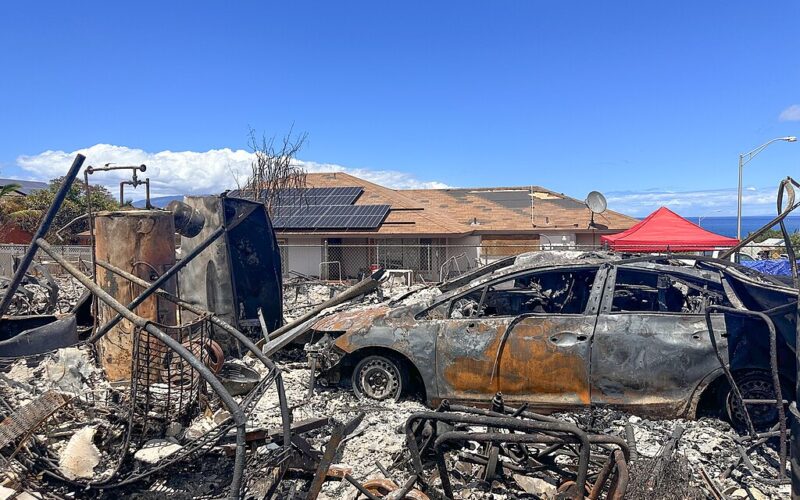Sign up here to receive The Yappie’s weekly briefing on Asian American + Pacific Islander politics and support our work by making a donation.
The Federal Emergency Management Agency (FEMA) has announced plans to launch new cash assistance programs and changes to its emergency disaster aid.
FEMA has long faced criticisms for its oft-disorganized and inequitable emergency disaster response. In the aftermath of the Maui wildfires, FEMA faced scrutiny from residents who called the organization’s response lacking.
The changes, outlined in a 342-page document governing the “Individual Assistance program,” aim to increase equity by “simplifying processes, removing barriers to entry, and increasing eligibility for certain types of assistance under the program.”
- Getting rid of the red tape: FEMA’s changes would include cash payments of $750 to all victims of federally declared disaster, and implement new programs to fund roughly two weeks of housing in the wake of disasters.
- Once they take effect in March, there will be more immediate access to emergency cash assistance, more funding for housing costs, and fewer restrictions on aid to those who already have home insurance, Grist’s Jake Bittle reports.
In the wake of the Maui wildfires, FEMA helped more than 3,000 people register for federal assistance and provided immediate payments of $700 to displaced residents to cover critical needs such as food, water, and medical supplies, TIME’s Sanya Mansoor reported.
But: Residents said the assistance was insufficient for their long-term recovery, as many had lost their homes, vehicles, jobs, and more.
- One resident who lost her home in the fires said her FEMA request for housing assistance was denied, The Guardian’s Joan E. Greve and Dani Anguiano note. She was allegedly told instead to apply for a small business loan.
Of note: FEMA, as a federal agency overseen by the president, is not allowed to provide direct support until states request for the president to declare a disaster in the area.
- Hawai‘i’s request for a disaster declaration came two days after the wildfires in Maui started, as the New York Times’ Eileen Sullivan reports. The delay led residents to decry failures to provide support in the critically important days immediately following the wildfires.
- Under EMA’s new plan, the agency would no longer require states to submit requests for aid before it steps in to provide immediate cash assistance.
These changes could present an improvement to FEMA’s disaster relief efforts. But many Maui residents continue to struggle in the aftermath of the wildfires, which destroyed roughly $5.5 billion of capital, including homes, buildings, and agriculture in the area.
- Climate change and related disasters disproportionately impact Native Hawaiians and Pacific Islanders, and many communities in Hawai‘i are still at risk for wildfires.
- The state and government’s mismanagement has led many Native Hawaiians to renew calls for sovereignty so they can better govern their homelands.
This story appeared as “The Big Story” in The Yappie’s Jan. 30, 2024 newsletter.
The Yappie is your must-read briefing on AAPI power, politics, and influence, fiscally sponsored by the Asian American Journalists Association. Make a donation, subscribe, and follow us on Twitter (@theyappie). Send tips and feedback to [email protected].









